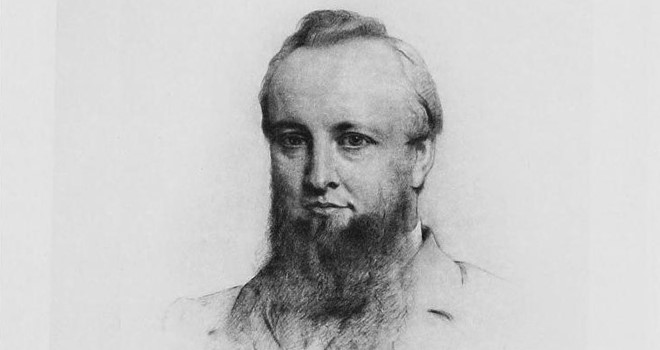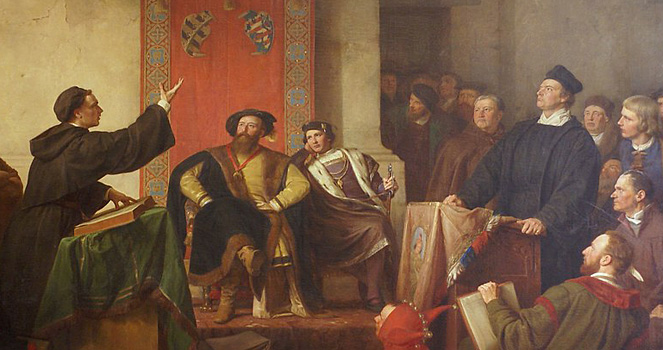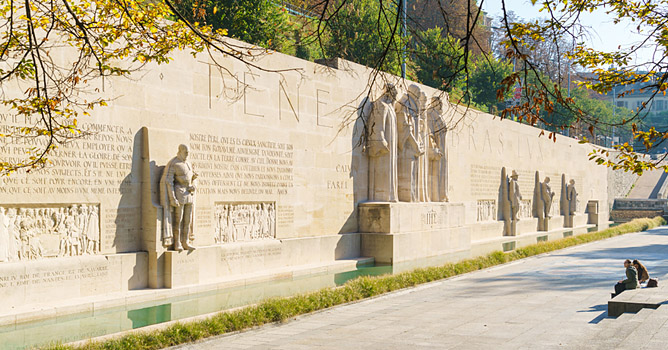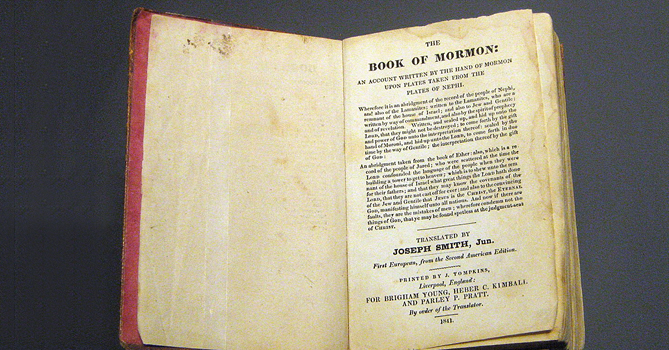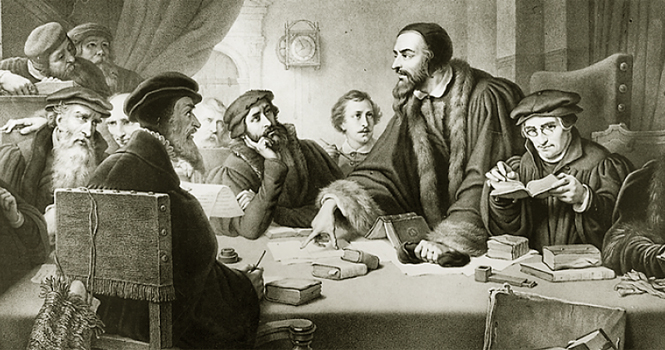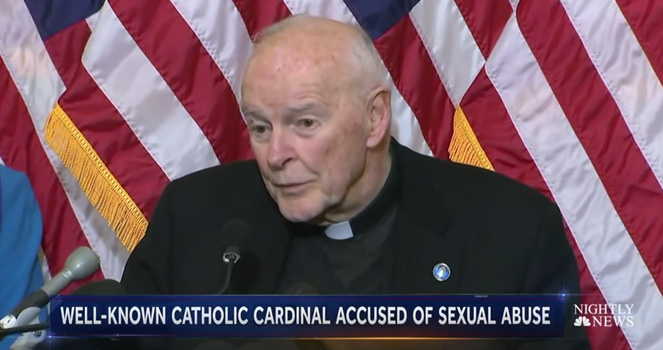Acton Tends to Corrupt
Lord Acton’s dictum, “Power tends to corrupt, and absolute power corrupts absolutely,” has been getting a good airing in the media lately. “Donald Trump, Absolutely Corrupted” ran an October 11 Washington Post headline, but they’re not the only ones quoting Acton as a satisfactory explanation of the President of the United States’ disturbing tendency to run … Read more
